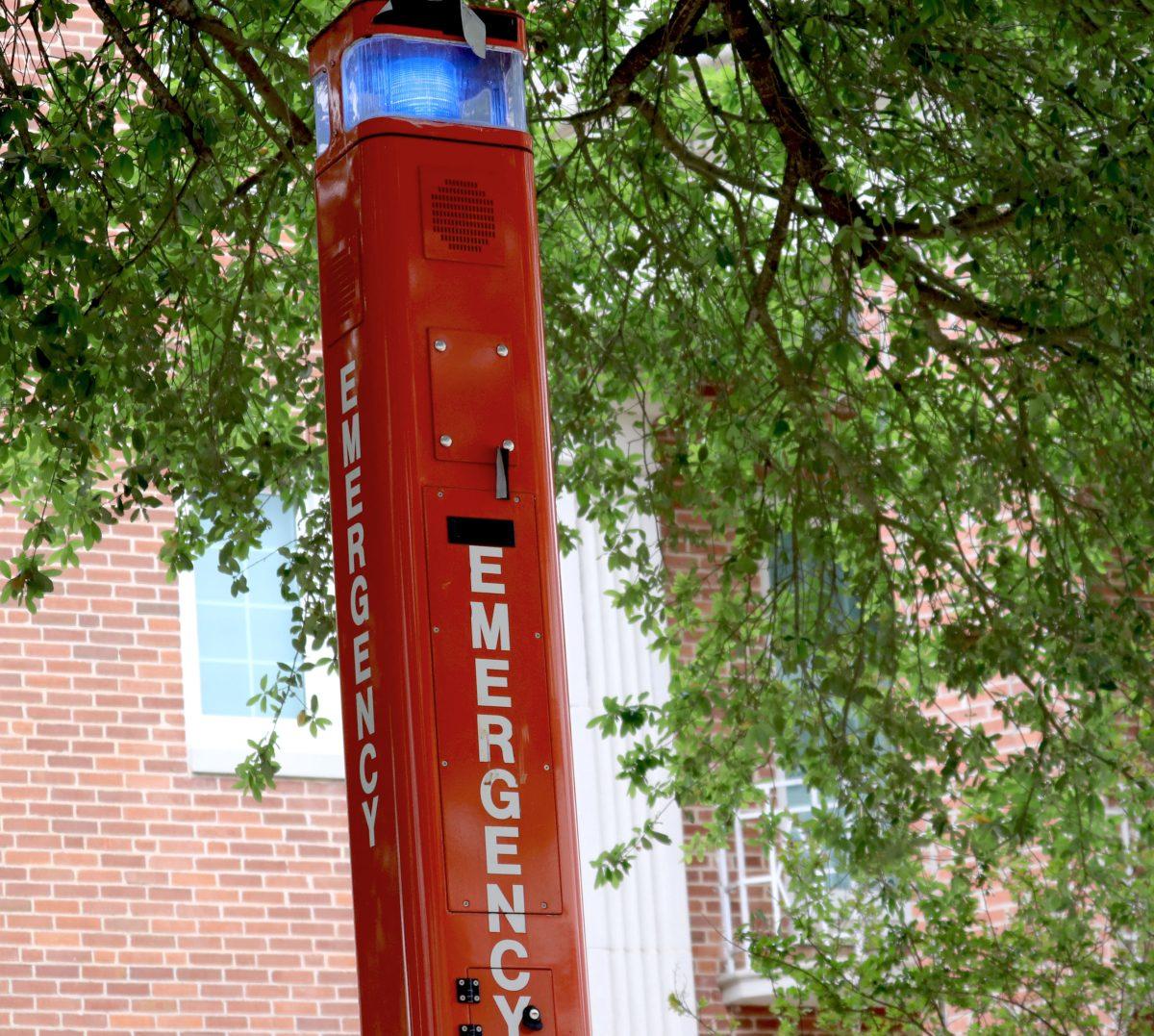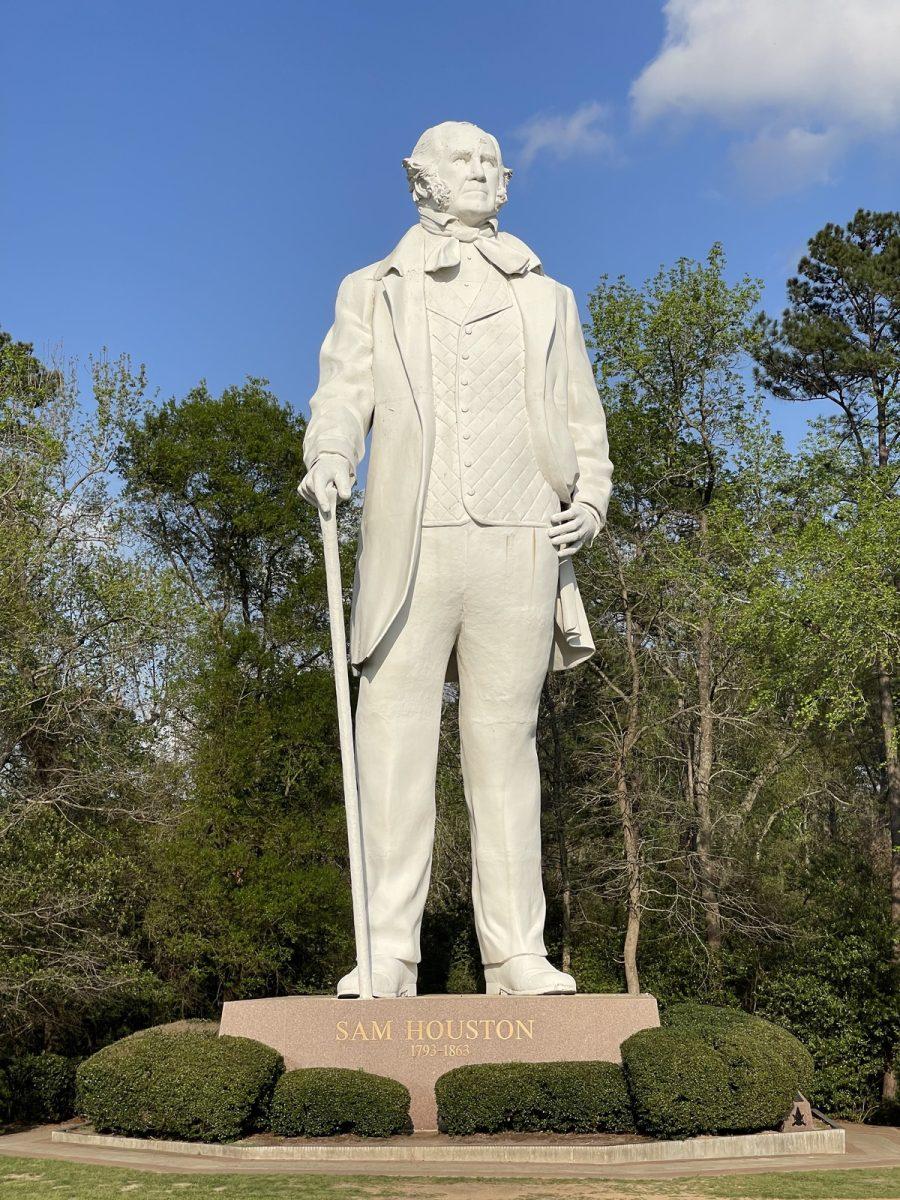“The press was to serve the governed, not the governors.”
U.S. Supreme Court Justice Hugo Black, New York Times v. United States (1971)
News spreads like wildfire. That’s great until someone gets burned.
Almost every story starts with a pure, honest idea: something wholesome and informative, something to be proud of. Along the way, the original story can become so diluted it is basically just a drop of truth in the bucket of sensationalized news. Unfortunately, that original drop of water is never enough to extinguish the “fake news” epidemic that has engulfed 21st century America.
“The Post,” currently in theaters, is a Steven Spielberg production that chronicles The Washington Post newsroom during the controversial time of the Pentagon Papers. Meryl Streep portrayed Katharine Graham, publisher and president of The Washington Post. She had a great quote in the beginning of the film when she said, “Quality and profitability do go hand in hand.” I would argue there are too many corporations these days that believe profitable news is quality news, rather than the other way around. Decisions are financially-based—perhaps a necessary evil, but simultaneously a violation of journalistic foundations.
I believe that every major news corporation that ever embodied the fallacious ideal that they would change the nature of news reporting was at some point forced to abandon this dream during their rise to fame.
The definition of what is “newsworthy” is arguably becoming as murky as the news itself. It seems that newsworthiness has strayed away from the original ideas like timeliness, proximity and human interest and rather now possesses a bias toward stories that will produce the most responses from an audience.
If information is power, then what is news? Is it information? Is it unequivocal truth? Is it a ruthless, cutthroat business? Yes, yes, and sadly yes. Now the question that every potentially great journalist has wrestled with at one time or another: Can I find the balance in the middle?
Personally, I don’t know. I honestly hope so, but countless others have tried. I am writing this article as the Associate Editor at a university newspaper. I am not Dean Baquet, and this is not The New York Times. This article likely won’t reach millions, but in the interest of upholding my main argument, I feel like this should be shared.
I feel like people are never given the opportunity to understand the decision-making process of a writer, a reporter and an editor (in this case an editor that holds himself and his writers to the highest of ethical journalistic standards). Whether you are a person that turns the news on every free moment you have or even if the extent of your world knowledge is the top three stories on social media each week, you are our audience. You deserve to know what our goal is as we communicate with you.
Journalism is a grind; everything a journalist says and does is scrutinized. When a professional baseball player strikes out with two outs and the bases loaded in the bottom of the ninth inning in game seven of the World Series, it can change his public perception. For a journalist, every word we say and every story we print can turn into that make-or-break spotlight moment. The pressure that comes with that feeling is the grind, but that does not excuse the journalists that crack under it.
I will continue the grind. Not everyone will agree with everything I write, and in the interest of being honest with my readers I feel inclined to divulge how difficult that is to accept. There are times as a journalist that I feel I have comprised a story that should be unanimously well-received, but that is not the world we live in. The world we are part of is a difficult one where political leaders harvest secrets and journalists treat information like a bargaining chip. Perhaps, though, the truth can level the playing field.
This is easier said than done, of course. The people with the desire to change the status quo often don’t have the power to do so, and those with the power have no interest in the status quo changing. This is where journalists need to be journalists for the right reasons: for the people, for the freedom of information and the disbursement of truth. Trust the process, and trust that news reported for the right reasons, will produce the right outcome.
Everyone that says news is not a business is lying to themselves and to you. From small, local newspapers to national corporations, news agencies are nothing without their viewers. News is not free, but it is worth the price when done for the right reasons.






